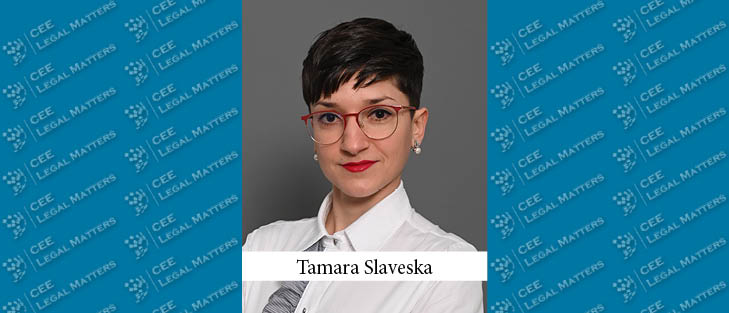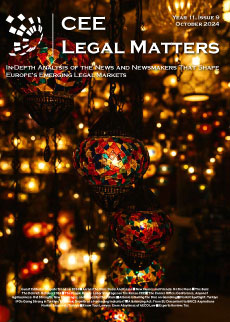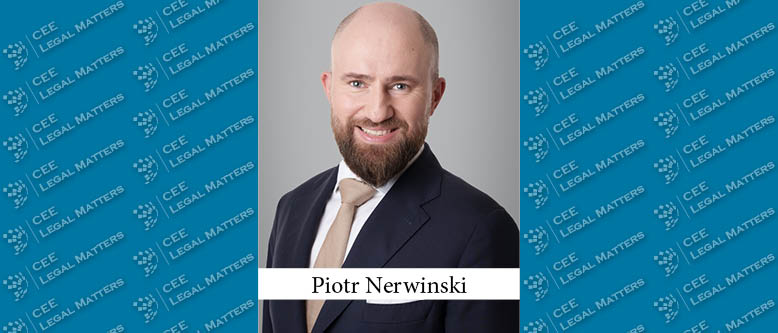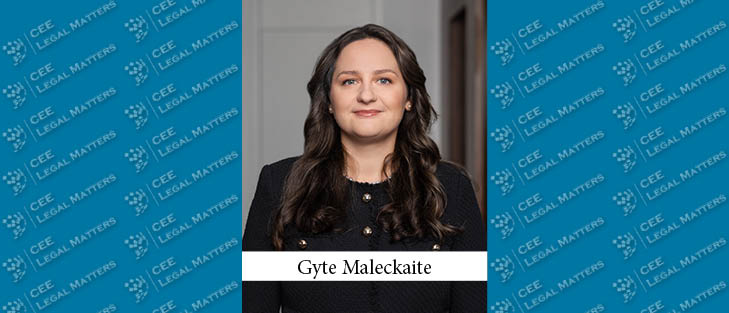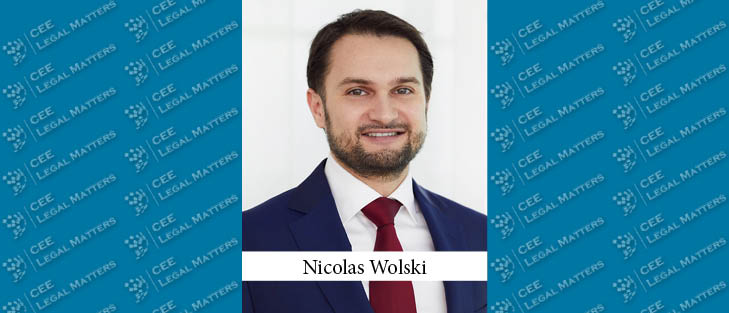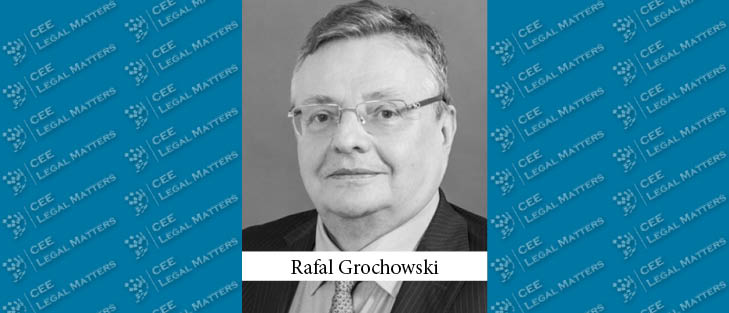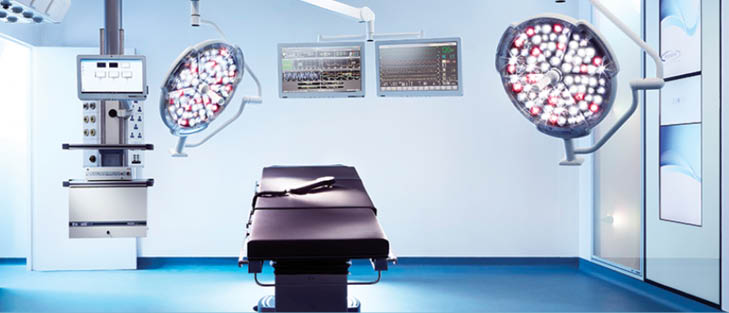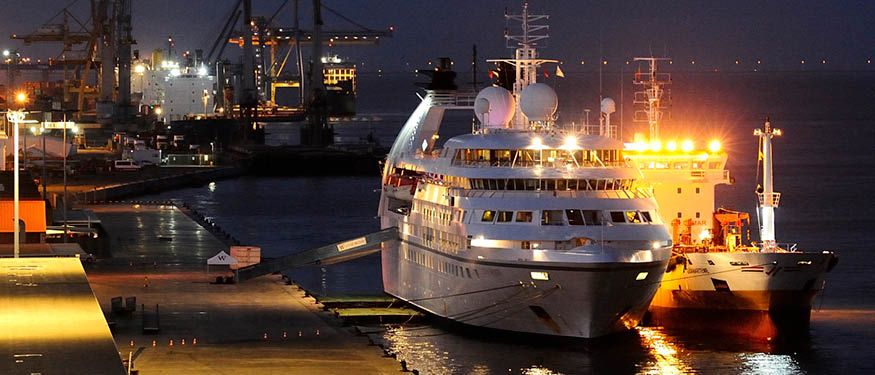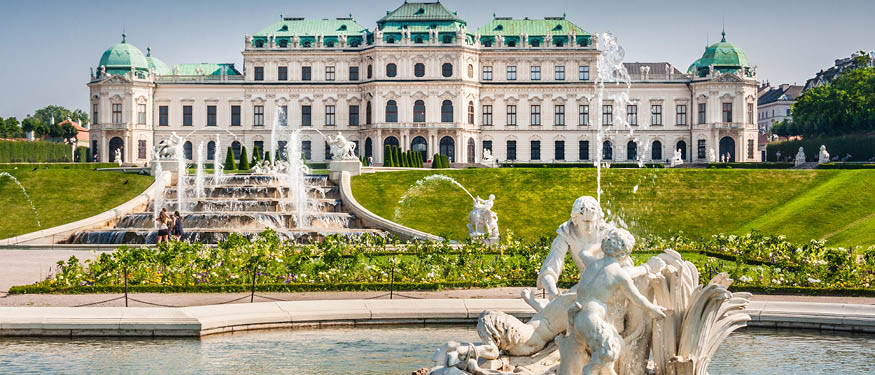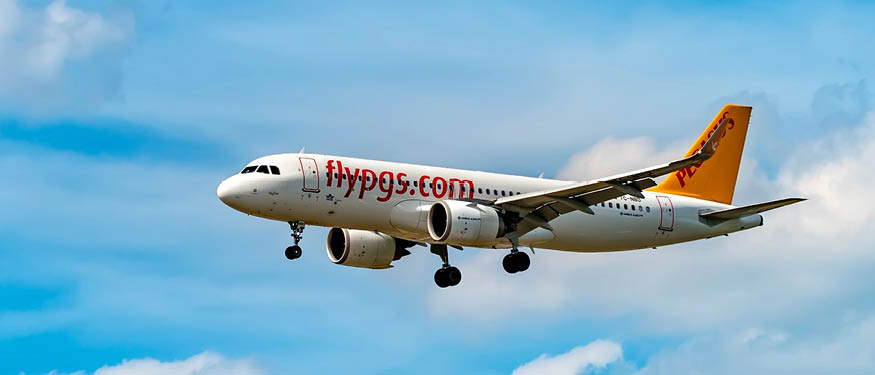North Macedonia, strategically located in the heart of the Balkan Peninsula, south-eastern Europe, is a landlocked country with a unique advantage. Its position between two main European corridors, coupled with political and democratic stability and a favorable tax and regulatory framework, makes North Macedonia a promising destination for potential foreign investors. The country offers abundant possibilities, especially in greenfield investments, renewable energy, software, IT services, logistics, construction, cannabis production, agriculture, food services, tourism, etc.
Favorable Regulatory Framework for Companies’ Registration
All legal entities in the country, established by domestic or foreign subjects, must register with the country’s Central Registry. With the help of certified registration agents (attorneys at law), the one-stop-shop system enables investors to register their businesses within 1-3 business days after completing the necessary documentation. In addition to registering, some companies must obtain additional working licenses or permits from relevant authorities.
Foreign investors can invest directly in all industry and business sectors except those limited by law. For instance, investment in producing weapons and narcotics remains subject to government approval. At the same time, investors in specific sectors, such as banking, financial services, insurance, gambling, and energy, must meet specific licensing requirements.
Legal Forms of Entities for Incorporating a New Business
Companies can be incorporated by domestic and foreign, natural and legal entities on equal grounds, offering a variety of legal forms to suit different business needs. These include a general partnership, limited partnership, limited liability company, joint-stock company, and limited partnership with stocks. The most common form of trade company is the limited liability company (LLC), which functions as a separate legal entity with at least one and up to fifty shareholders who participate with one contribution each in the company’s basic capital. The liabilities of such a company cannot be transferred to the shareholders unless in exceptional circumstances (lifting the veil).
Foreign companies that do not intend to establish a company but want to conduct business activities in North Macedonia can open a branch office. Foreign companies wishing to conduct market research and other similar activities (promoting goods and services provided in their country of origin) which do not include commercial activities could establish a representative office. Both branch offices and representative offices are considered functional units of their founder and do not have the status of a separate legal entity.
Favorable Legal Framework for Respecting the Interests of Foreign Investors
Foreign investors enjoy two-level protection under the Constitution, including a guarantee for repatriation of the invested capital and gained profits and elimination of the possibility of reducing the rights that arise from the invested capital. North Macedonia’s legal and regulatory framework favors foreign investors and provides numerous incentives to attract them. Residents of the member states of the European Union and the Organisation for Economic Cooperation and Development (OECD) have the same status as domestic residents concerning the terms for acquiring residential or business premises, construction land, or a long-term lease of construction land. Foreigners from other countries can become owners, only subject to reciprocity.
Favorable Tax Environment
The tax regime in North Macedonia is among the most competitive for business activities, with one of the lowest tax rates in the world. It includes a 10% corporate income tax, a 10% personal income tax, 0% tax on retained earnings, a 2% to 4% sales tax on real estate and rights, a 0.1% to 0.2% property tax, an 18% VAT (value-added tax), and 5% or 10% VAT on specific items. Additionally, North Macedonia has concluded agreements for double tax avoidance with its country partners from the region and beyond.
Competitive Labor Costs
The minimal gross monthly wage in 2024 is EUR 542, and the average monthly gross wage in July 2024 is EUR 1,001. These include the net salary, personal income tax (10%), and social contributions (28%). Collective agreements define the minimum wage for each professional branch.
Favorable Labor Law
The labor law increases the labor market’s flexibility by offering and promoting flexible and different employment contracts and flexible working hours, training programs, and financial and other support for entrepreneurs. The legal framework regulates the employment of foreign persons or persons without nationality upon obtaining a work permit under certain conditions.
By Tamara Slaveska Apostolovski, Attorney at Law, Law Office Tamara Slaveska Apostolovski
This article was originally published in Issue 11.10 of the CEE Legal Matters Magazine. If you would like to receive a hard copy of the magazine, you can subscribe here.

